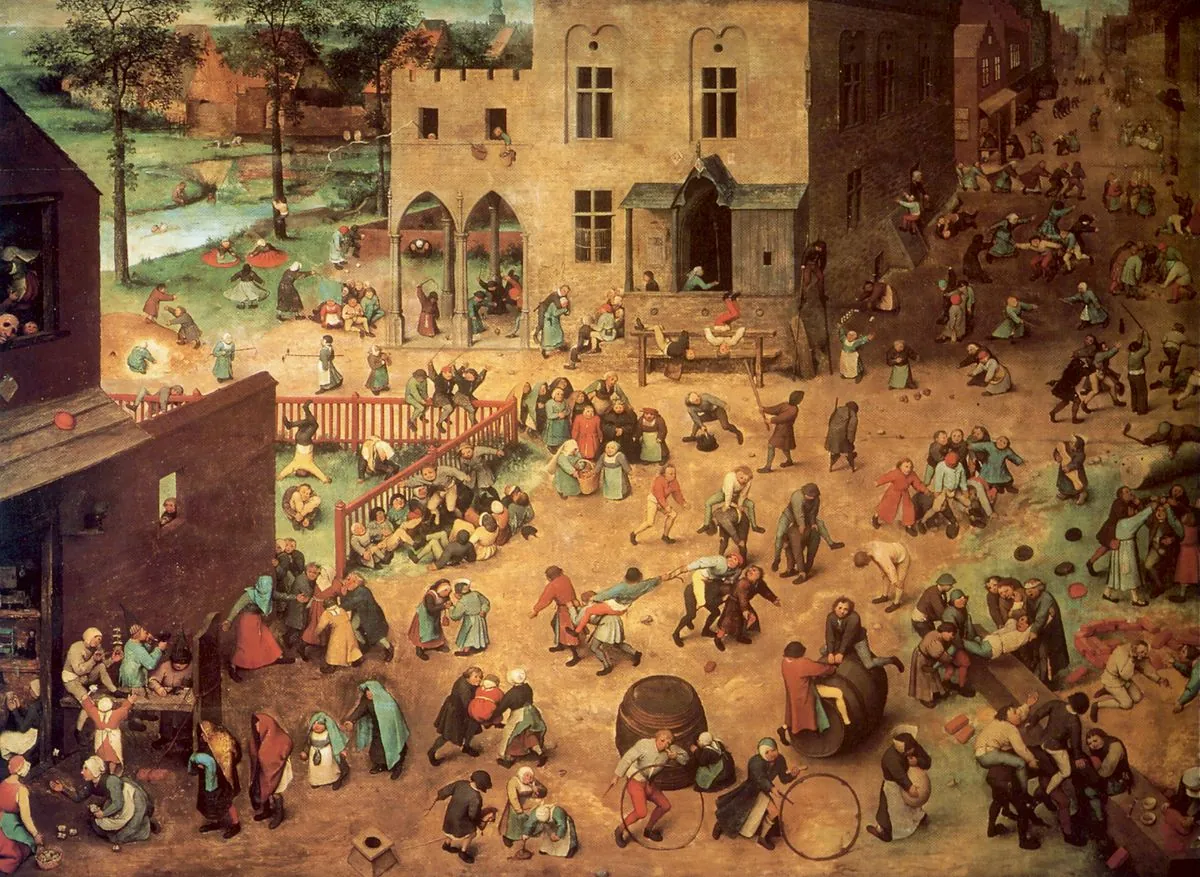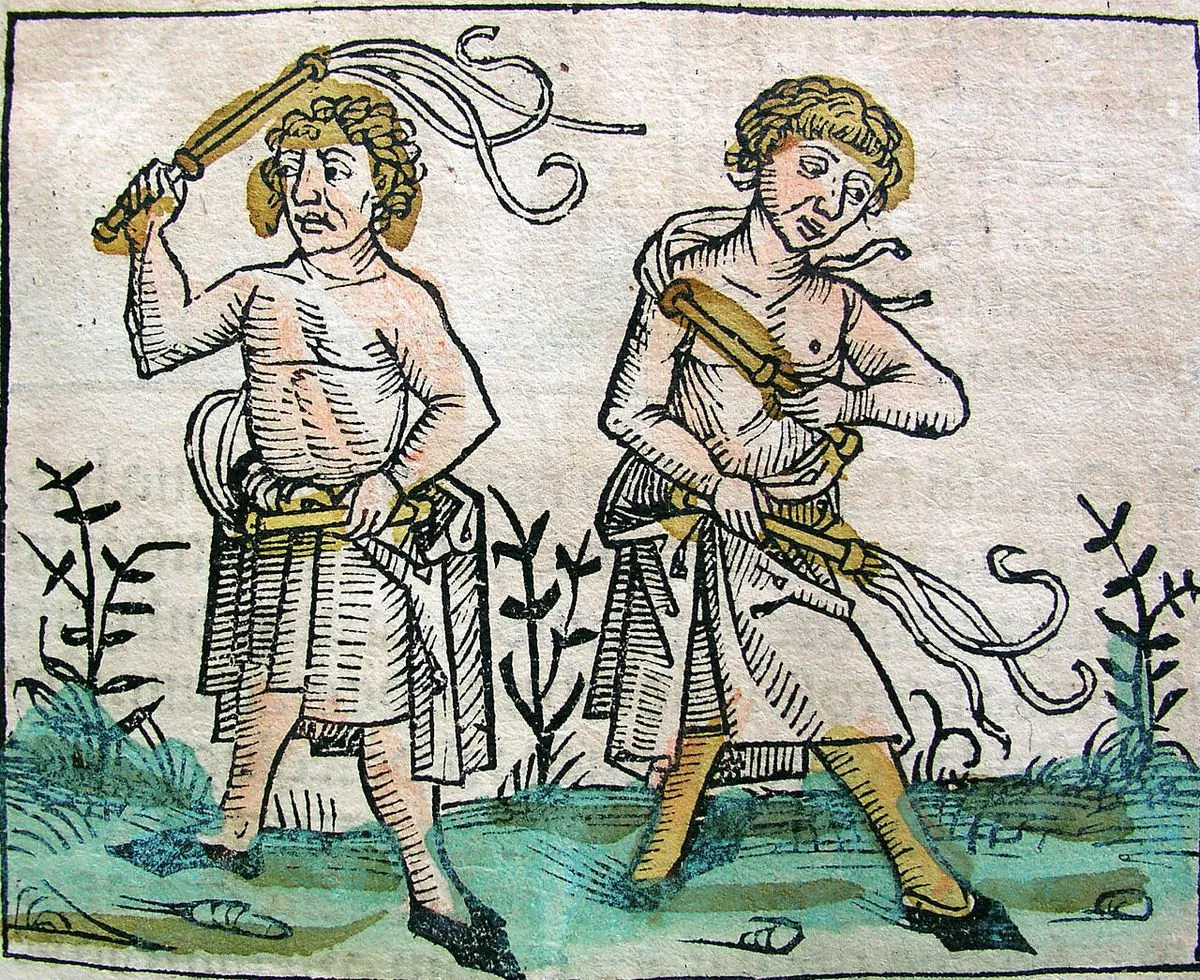Netflix's "The Decameron": A Humorous Take on Historical Plague Resonates in Post-COVID Era
Netflix's adaptation of Boccaccio's "The Decameron" offers a comedic perspective on pandemic experiences, blending historical context with modern humor. The series draws parallels to recent COVID-19 challenges while reimagining the classic tale.

In the aftermath of the COVID-19 pandemic, Netflix's adaptation of Giovanni Boccaccio's "The Decameron" provides a surprisingly refreshing take on historical plague narratives. This eight-part series, created by Kathleen Jordan and co-produced by Jenji Kohan, offers a humorous perspective on a dire situation, resonating with audiences who have recently experienced similar challenges.
The show's premise mirrors the original 14th-century work, focusing on a group of Florentines who flee to a countryside villa during a plague outbreak. This scenario draws parallels to the recent experiences of many during the COVID-19 pandemic, when those with means sought refuge away from urban hotspots.
Tony Hale, Zosia Mamet, and Tanya Reynolds lead a diverse cast in this reimagining of Boccaccio's characters. The series diverges significantly from the source material, creating new storylines while maintaining the spirit of the original work. Unlike Boccaccio's collection of 100 tales told over 10 days, the Netflix adaptation focuses on the characters' interactions and struggles during their self-imposed quarantine.
The show's humor ranges from dark comedy to slapstick, often poking fun at medieval beliefs and practices. For instance, characters are shown using questionable remedies like shoving flowers up their noses or rubbing themselves with onions to ward off the plague. These scenes humorously reflect on some of the misguided approaches seen during the recent pandemic.

Tanya Reynolds stands out with her exceptional comedic timing and expressive performances, reminiscent of Rowan Atkinson's work in the British comedy "Blackadder." Her character, Licisca, serves as a focal point for much of the series' humor and character development.
The show's style blends period setting with anachronistic elements, such as modern music and diverse casting choices. This approach creates a unique viewing experience that feels both historical and contemporary.
"We wanted to capture the essence of Boccaccio's work while making it relatable to a modern audience who has just lived through a pandemic."
As the series progresses, it evolves from purely comedic to include moments of genuine emotion and character growth. This shift mirrors the original work's progression from lighter tales to more serious narratives.
"The Decameron" has influenced literature and art for centuries. William Shakespeare borrowed plot elements for plays like "All's Well That Ends Well," while composers like Vivaldi set stories from the work to music. The Netflix adaptation joins a long line of reinterpretations, including Pier Paolo Pasolini's 1971 film "Il Decameron," which won the Silver Bear at the Berlin Film Festival.
By reimagining this classic work, Netflix's "The Decameron" offers viewers a chance to reflect on recent pandemic experiences through a historical lens. It demonstrates how humor can be a powerful tool for processing collective trauma, while also reminding us of the timeless nature of human responses to crisis.


































